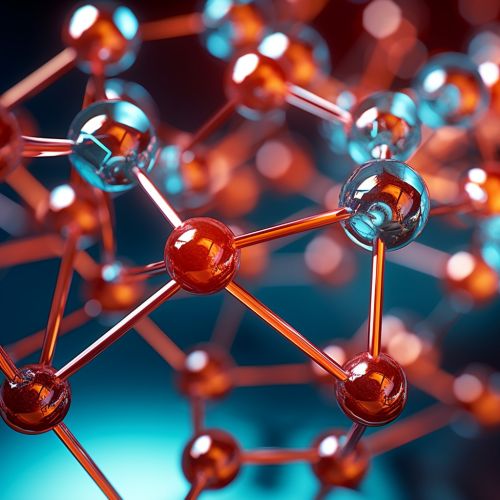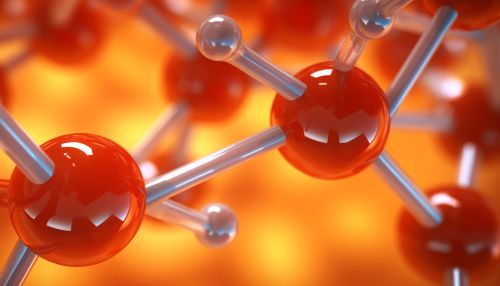Gamma-Aminobutyric acid
Introduction
Gamma-Aminobutyric acid (GABA) is a naturally occurring amino acid that works as a neurotransmitter in your brain. Neurotransmitters function as chemical messengers. GABA is considered an inhibitory neurotransmitter because it blocks, or inhibits, certain brain signals and decreases activity in your nervous system.
Structure and Properties
GABA is a simple four-carbon structure. It is a non-proteinogenic amino acid, meaning it is not used in the synthesis of proteins. It is the chief inhibitory neurotransmitter in the mammalian central nervous system. It plays a role in regulating neuronal excitability throughout the nervous system. In humans, GABA is also directly responsible for the regulation of muscle tone.


Biosynthesis
GABA is synthesized in the brain from its precursor, glutamate, through the action of the enzyme glutamic acid decarboxylase (GAD), with pyridoxal phosphate as a cofactor. This process converts glutamate (the principal excitatory neurotransmitter) into GABA (the principal inhibitory neurotransmitter).
Function
GABA's primary function is to reduce neuronal excitability in the nervous system. It achieves this by binding to specific receptors in the brain which produces a sedative effect. This can help with feelings of anxiety, stress, and fear. It may also help to prevent seizures. As such, GABA is a critical component in a number of pharmaceutical drugs used to treat these conditions.
Pharmacology
GABA receptors are a class of receptors that respond to the neurotransmitter gamma-aminobutyric acid. They are the GABA_A, GABA_B, and GABA_C classes. GABA_A receptors are ligand-gated ion channels; whereas GABA_B receptors are G protein-coupled receptors. These receptors are the targets of a variety of pharmaceutical drugs, including benzodiazepines, barbiturates, and alcohol.
Clinical Significance
GABA is a significant neurotransmitter that is implicated in a variety of clinical conditions. Deficiencies in GABA are linked to disorders such as epilepsy, and there is evidence that suggests GABA could play a role in mood disorders like depression and anxiety. Additionally, GABA is a major factor in schizophrenia and Huntington's disease.
